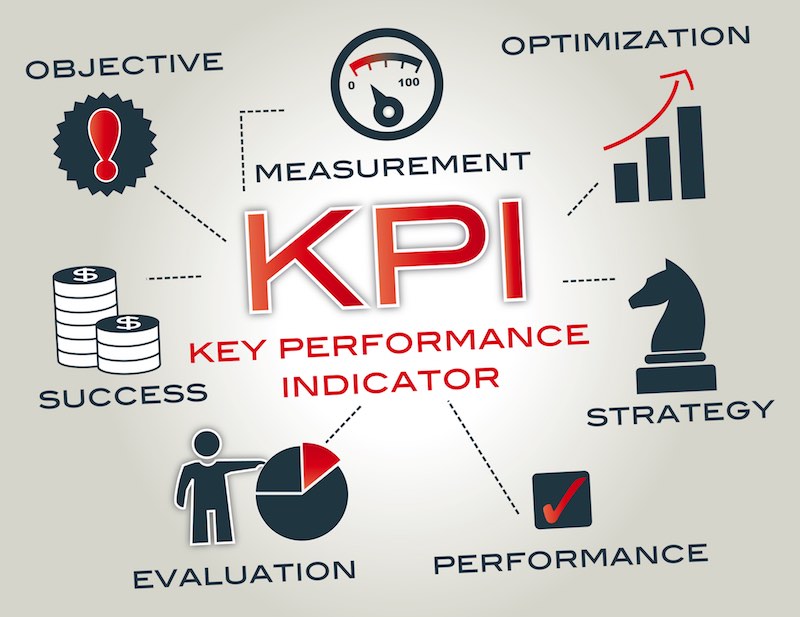Happy New Year!
It’s time to turn the page…
If you’ve been paying attention, I’ve been diving pretty deep into the new tax regime under which we are NOW operating. What will be interesting to see is the *actual* technical guidance from the IRS about all of these changes, as well as the “technical corrections” that will inevitably come (these are par for the course with any Congressional tax law, as the IRS works with legislators to ensure that everything can be administered correctly).
But with year-end behind us, and little that can be done to affect any substantive change on your 2017 taxes, we here at Colorado Business Accountants are turning our attention to getting your 2017 taxes (both for your business and your personal return) prepared and filed with maximum savings, integrity, and care.
A little “last hurrah” for the old tax code, if you will.
And in the meantime, I’m turning my attention, as well, to helping you and your Denver business take advantage of the new tax laws and bring in — and KEEP — more revenue during 2018 than ever before. Not sure if this qualifies as a “resolution”, because I’ve received so many emails about New Year’s Resolutions, that I hereby resolve to ignore other people’s resolutions.
But that doesn’t mean that it’s not a good idea to make a shift. In fact, now’s as good a time as any — probably better.
I’ll start here: How can we serve you and your business in setting AND reaching your work goals?
Because — as I hope is obvious — we exist to make your business life easier. We take great joy in providing our Denver business-owner clients with sharp vision into the financial realities of their businesses, and the advice to go with it…
But, as you can probably gather by the fact that I take the time to write to you each week — we’d be glad to assist you with *every* aspect of setting and reaching your goals. We’re much more than just some dry Denver accounting firm, after all.
So, again — let me know if there’s anything we can do to help you as we move into 2018.
Now … about those goals you are making. You can’t do anything about them if you don’t actually measure them. Which is something we particularly enjoy helping our Denver clients do. Here’s what I mean…
Key Performance Indicators (KPI’s) for Your Denver Business Work Goals in 2018
“Life is the art of drawing without an eraser.” -John W. Gardner
Peter Drucker once said “what gets measured gets managed,” and it continues to remain true — regardless of advances in technology, and the multiplicity of tools we now have.
You see, accurate measurements provide feedback and it’s (only) with this information that you can make informed calls.
Think about your own personal goals (assuming you have them!). Perhaps last year you wanted to lose 20 pounds — so what would you do? One option would have been to get on the scales on January 1st, 2017, and then simply compare your weight to your weight this week, one year later. I doubt you’d have had much success.
Instead you’d take regular measurements of your weight between the start and end date and make informed adjustments to your diet and exercise regimen according to what the measurements told you. You’d manage the process.
You see where I’m going here: It’s exactly the same for your Denver business work goals. If you measure your key metrics you can manage their performance. Each and every business has key performance metrics (KPI’s), some of which are common to other businesses, some are industry-specific, and some companies create their own KPI’s.
These sorts of things are our bread and butter, when working with Denver small businesses.
Financial metrics are often common to all businesses. Some examples include:
* Average transaction value.
* Gross profit margin.
* A measurement of a company’s efficiency during the production process.
* How much is left over after COGS.
* Gross Profit divided by Total Revenue.
* Net profit percentage.
* The amount of profit for every $1 of revenue generated.
* Net Profit divided by Total Revenue multiplied by 100.
* Debtor days or receivable turn days.
* How long your customers take to pay you. (The sooner your customers pay, the sooner you can get that cash working for you.)
* 365 (days in the year) divided by (Sales on credit or invoice) divided by (Average Accounts Receivable).
More industry-specific KPI’s might include:
* Table turns per night.
The number of times a restaurant is able to sit customers at a table.
* Utilization.
The number of hours a machine in the production line can run.
* Rejection rate.
The number of defects rejected in an assembly line.
Non-specific KPIs might include:
* Customers won/lost.
* Customer complaints/product returns.
* Staff sick days.
You must absolutely integrate the RIGHT measurements to get proper insight on your business’ performance.
I hope this gets your juices flowing. Many of these financial indicators are things that WE can help you to implement … if you let us!
And I’m grateful for our partnership, and for your referrals!
Feel very free to forward this article to a Denver business associate or client you know who could benefit from our assistance — or simply send them our way? While these particular articles usually relate to business strategy, as you know, we specialize in tax preparation and planning for Denver families and business owners. And we always make room for referrals from trusted sources like you.
Warmly,
Lou Arellano
(303) 223-3796
Colorado Business Accountants












